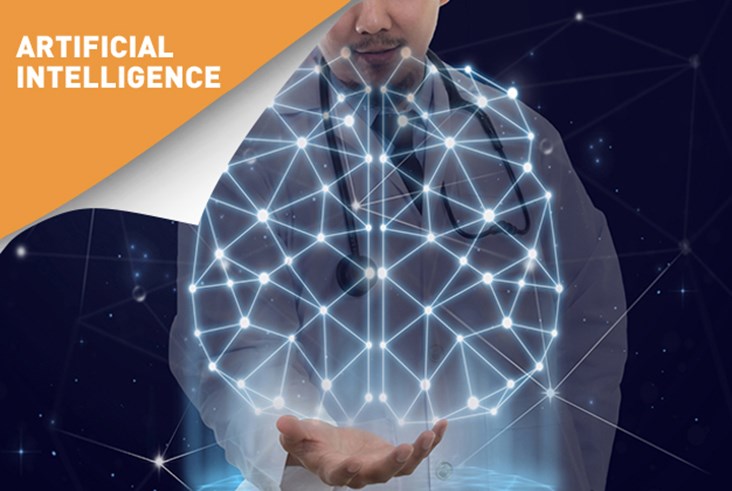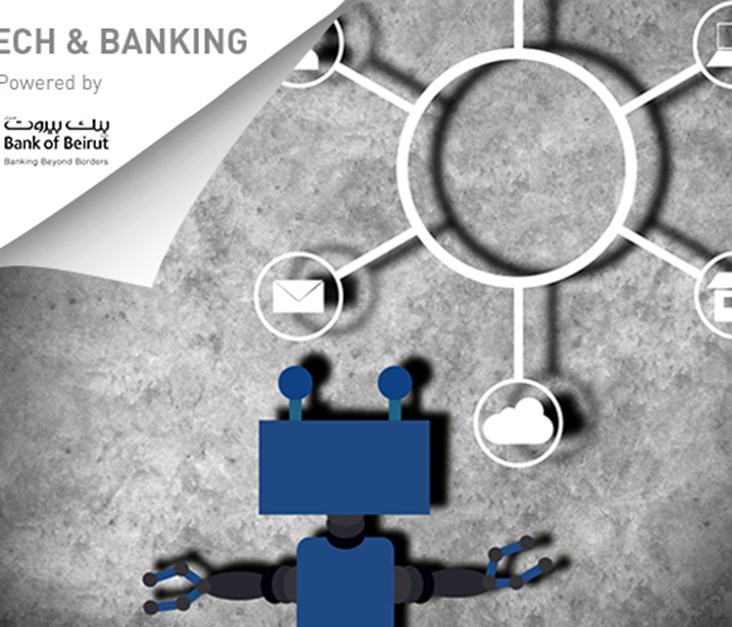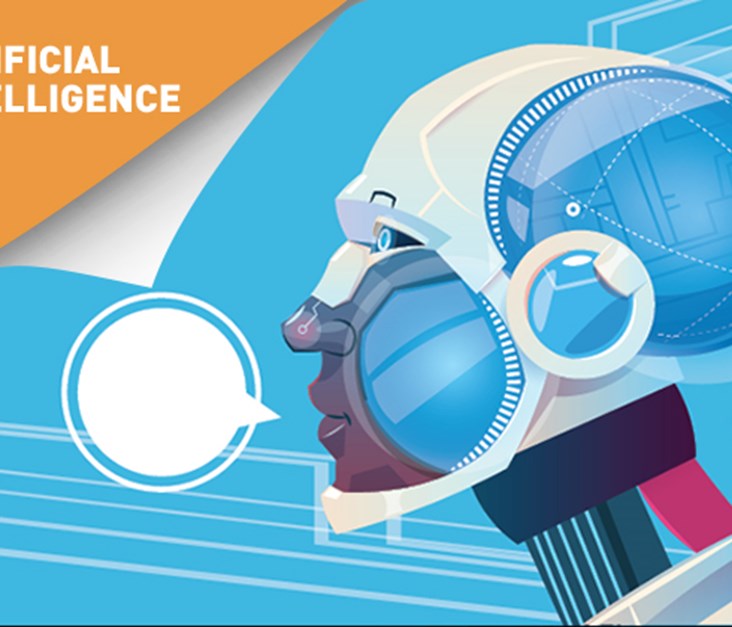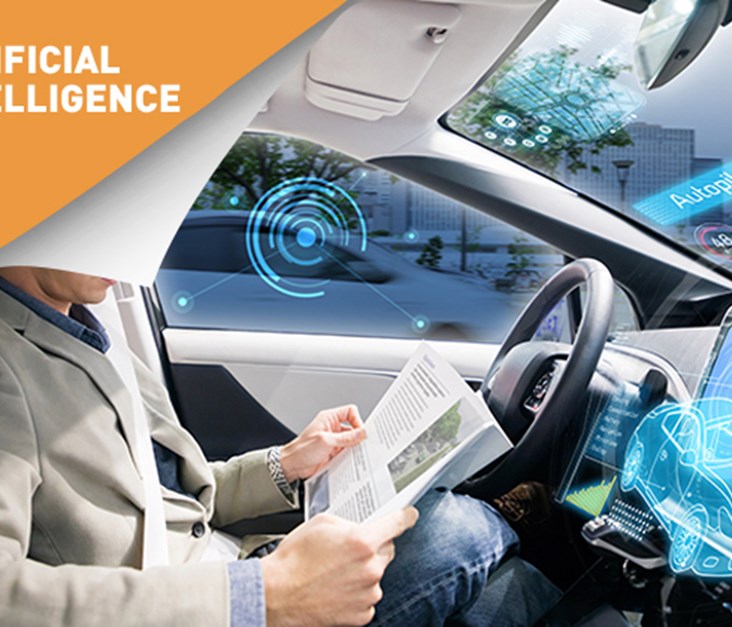
Integrating AI into the healthcare field is improving the clinician workflow and optimizing the clinical process. By doing so, AI algorithms are taking the load off doctors. However, it is absolutely positive that the role of AI in the field of medicine is not limited to the above. AI can go a long way in the healthcare sector, from assisting doctors in the OR to reducing waiting time in clinics, all the way to early on disease recognition.
AI Healthcare assistants
With the presence of AI health assistants you can save yourself the trouble of doing that. These bots are able to cover a vast number of outpatient services; they will ask you about your symptoms and provide you with the information you need to know about your medical condition by looking into the outcome of past treatments, as well as your personal medical history.
AI assistants can also sustain continuous monitoring and care to the patients who require that sort of attention, like in the case of mental healthcare.
Moreover, bots can also communicate with patients on behalf of doctors to follow up on their progress, and revert back to the doctors with the feedback and information related to the patient's recovery journey by using Natural Language Generation and Processing (NLG/NLP) technologies.
Pattern Recognition
AI and Machine Learning (ML) are currently capable of understanding how the human DNA functions and impacts life. Systems such as Google's Deep Mind and IBM's Watson can digest immense amounts of data - like patient records, clinical notes, diagnostic images, treatment plans - and perform pattern recognition in a short span of time. By interpreting the human genome, ML can predict the molecular effects of genetic variation and identify patterns across millions of data points - a task that would take humans forever to do. ML algorithms can quickly scan a patient's personal and family health records for similar patterns and come up with suggestions that can lead to an early detection, hence prevention, of a dangerous disease.
With this process being put into action, medicine could detect dangerous diseases such as cancer and Alzheimer's through very faint symptoms, which increases the survival rate or treatment options of the patient.
Drug Discovery
According to tech crunch, new drugs usually take 12 to 14 years to be available for commercial use. However, with AI/ML applications on deck, the process is accelerated. Computers can mine patient biological data to understand why people survive diseases and apply the results they found to improve current utilized therapies, or create new ones.
Latest Business
Intelligence Report













